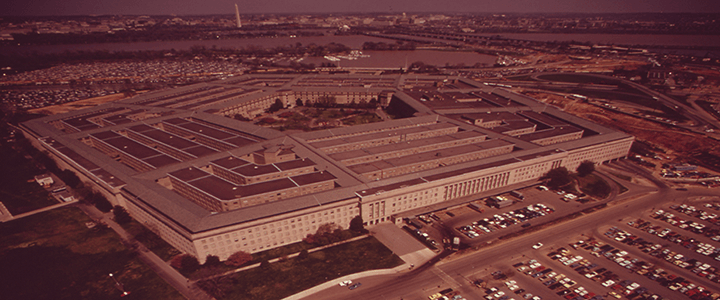Congressional interest in the background investigation process is nothing new. Security clearance reform hearings have simply adjusted their line of questioning over the past several decades. When processing times are slow, Congress focuses on creating procedures for reporting timeliness figures, setting goals and putting the Office of Personnel Management (OPM) on the ‘hot seat.’ Post Edward Snowden’s leaks and the Aaron Alexis shooting, the focus was on the quality of background investigations themselves.
That led to a deep dive into the actions of OPM contract investigations company USIS, and its firing. Which then led to a 700,000 investigation backlog. And now we’re back to issues with timeliness, and a 12-month to two-year wait for a favorable security clearance determination.
Why is this happening?
Congress tends to focus on the low-hanging fruit – who can be blamed for this problem. Addressing the policy – the adjudicative criteria, the Federal Investigative Standards (FIS), and the national security policy directives that create a scenario where your sexual behavior is deemed more relevant than your Twitter feed – requires more work than transferring the authority to someone else.
The plan Secretary of Defense James Mattis signed off on in August creates a three-phased approach for DSS to take over the investigations, according to DoD spokesperson Audricia M. Harris, as quoted in an August article by Law360.
“Initially, DSS will continue to use contract investigators to conduct all investigative field work when needed,” Harris said.
A Request for Information (RFI) posted September 20 suggests DSS is in the midst of planning for its potential background investigations takeover. The RFI specifically asks for information from commercial background investigation companies. This suggests that at least in the first phases of any transfer, the bulk of investigations would continue to be done by contractors, dashing some hopes that DSS would immediately insource all of its investigator positions.
Perhaps the oddest part of the RFI is a slightly strange line of questioning which asks contract companies to weigh in on any changes to the FIS, as well as the distribution of work between contract and federal investigators. Generally those are the kinds of questions the government has answered before it looks for a contractor to do the work.
If you’re feeling a sense of deja vu, it’s because this isn’t the first time DSS would have the helm of the background investigations process. Prior to OPM, DSS did conduct all of its own background investigations with a federal employee vs. contract workforce. Investigators often cite this scenario as being a better one for the investigators themselves, but the jury is out as to whether the process was more efficient. Some argue the process was fraught with inefficiencies and a lack of oversight meant some investigations languished while others moved more quickly (yes, you could probably say the same thing today).
The phased implementation recommended by the Secretary of Defense means any plans wouldn’t take complete effect until 2020. And a lengthy period of on-ramping investigations by DSS means a lot more opportunities for adding to the backlog, as new companies jump into the mix, new investigators are trained, and the government attempts to transfer the workload around the new stovepipes it’s creating.
Critics are already pushing back against the plan, including the Aerospace Industries Association (AIA).National Defense Industrial Association (NDIA), the IT Alliance of the Public Sector and Professional Services Council.
“AIA and the other members of the multi-association coalition oppose this ‘phased transfer’ because it unintentionally introduces significant risk into ongoing efforts to eliminate the clearance backlog,” it said.
“Even if the transition were seamless and resources were increased for both NBIB and DSS, the proposal fails to mandate fundamental reforms vital to improving the efficiency of the clearance process and increasing security,” the trade group continued. “This is particularly concerning as it relates to improved reciprocity and streamlined clearance standards, where additional stovepipes will make reform that much more difficult.”
The RFI is just that – an attempt by DSS to acquire information, and move forward with its requirement to fully explore the possibility of conducting investigations again. Whether or not it actually does so will remain to be seen in subsequent NDAA and policy decisions.
Do you think investigations should be moved to DSS? Why or why not?




